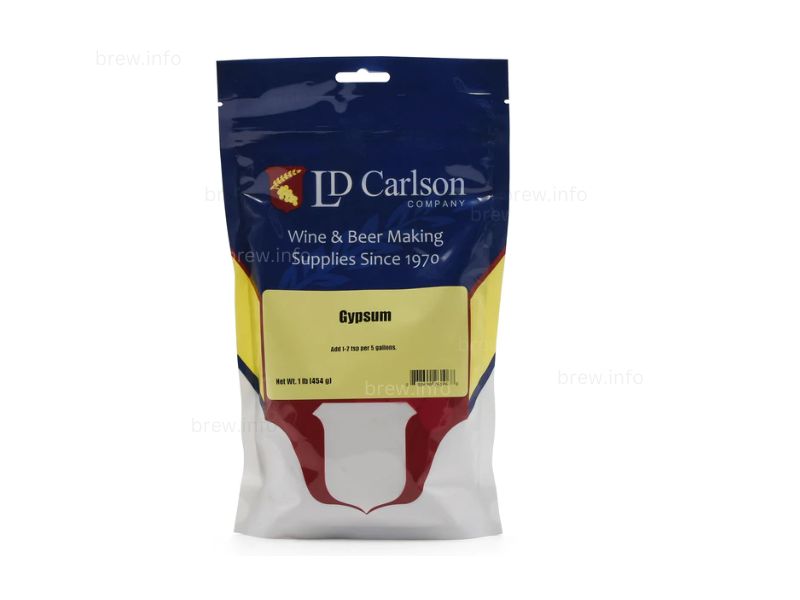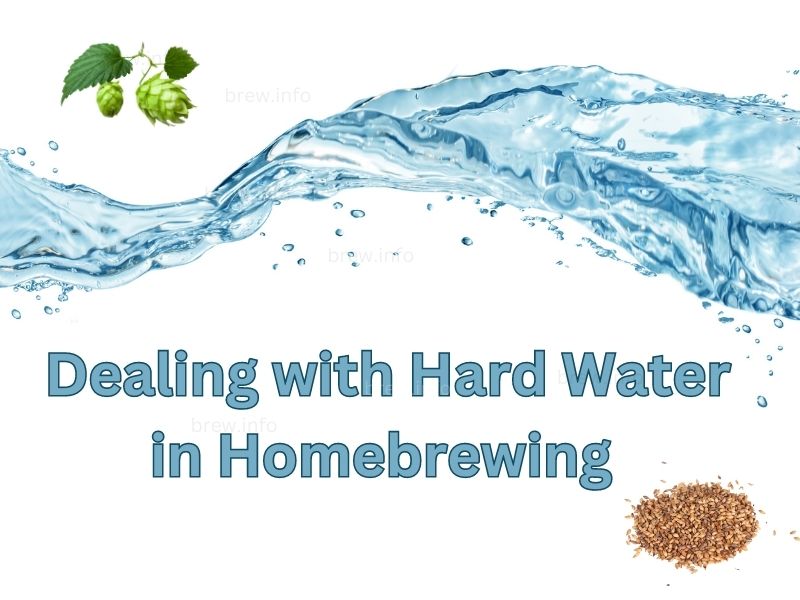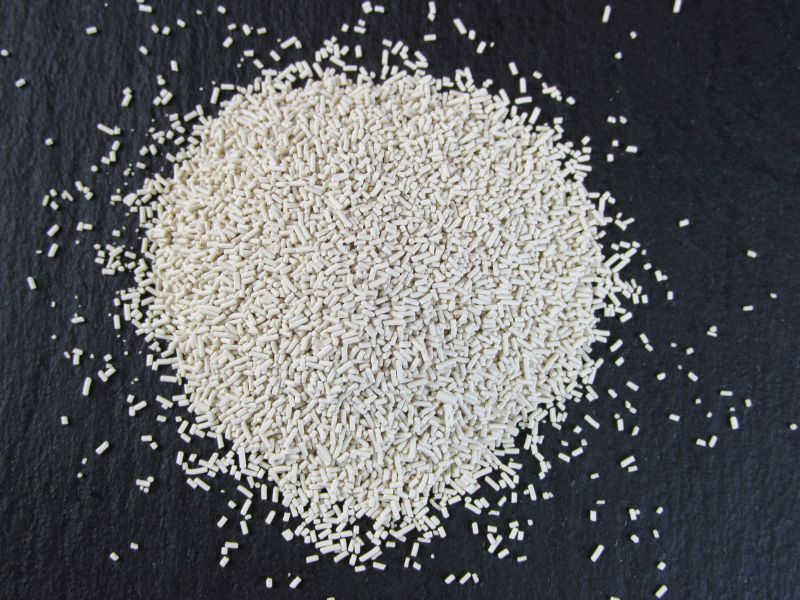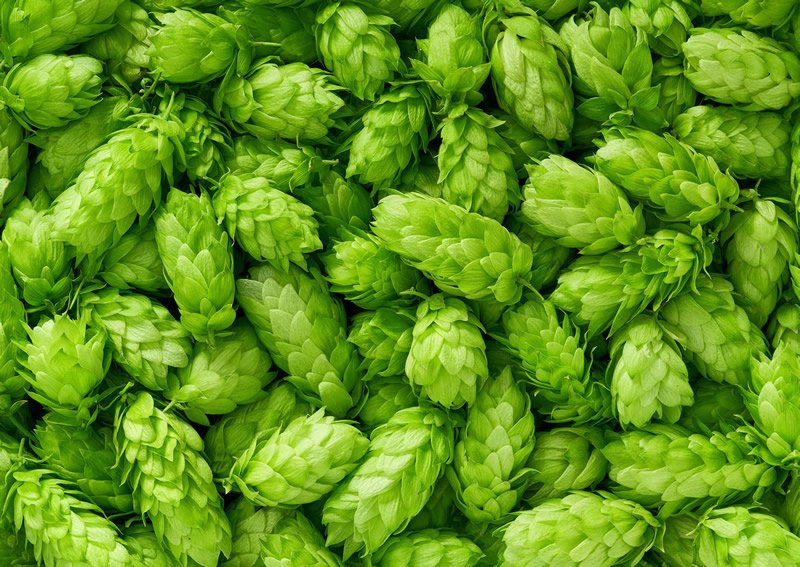What is Hard Water in Homebrewing?
Ever embarked on a homebrewing adventure and suddenly realized, mid-way, that the taste isn’t quite hitting the mark? It could very well be a matter of your water. Indeed, hard water in homebrewing plays a critical role.
Hard water, packed with minerals such as calcium and magnesium, can dramatically affect your brew’s flavor. The chemistry behind this effect is fascinating, but for now, let’s just say that the mineral content of your water can make or break your homebrew.
So how do you navigate this predicament? Let’s dive into the world of homebrewing and explore how to handle hard water.
Detecting Hard Water – Tools and Tips for Homebrewers
As a homebrewer dealing with hard water, you might be wondering: how do I know if I even have hard water? Fortunately, there are a few simple ways to determine this.
The first and most straightforward method is to check your local water report. Many municipalities provide this information, and it usually includes the levels of calcium, magnesium, and other minerals in your water. If your local report isn’t available or is outdated, you might need to take things into your own hands.
One option is to use a water hardness test kit, which is available online or at most home improvement stores. These kits typically involve adding a reagent to a water sample and watching for a color change, which indicates the hardness level.
Another option is a TDS (Total Dissolved Solids) meter. This is a device that measures the total amount of dissolved substances in your water. Although it won’t tell you exactly what minerals are present, a high TDS reading usually indicates hard water.
For a more comprehensive analysis, you could send a water sample to a laboratory. Some labs specialize in water testing for homebrewers and can provide detailed reports on the mineral content of your water.
Determining the hardness of your water is the first crucial step in addressing the role of hard water in homebrewing. Once you know what you’re dealing with, you can take steps to adjust your water and improve your brew.

A Closer Look at the Chemistry of Hard Water in Homebrewing
As a homebrewer, getting to grips with the chemistry of hard water can seem daunting, but it’s an exciting journey of discovery. Essentially, understanding this chemistry can lead to significant improvements in your brewing results.
Hard water contains dissolved minerals like calcium and magnesium. Calcium ions in the water react with phosphates in the malt during the mash, forming calcium phosphate and lowering the pH. This is critical as most enzymes that break down the starches into sugars during the mash work best in slightly acidic conditions, around pH 5.2 to 5.4.
Magnesium, another mineral common in hard water, is a vital nutrient for yeast. Although yeast needs it in smaller amounts compared to other minerals, it’s still crucial for a healthy fermentation process.
Sulfates, usually found in hard water, tend to accentuate hop bitterness, making them a good fit for hoppy brews like IPAs. On the other hand, chlorides enhance maltiness, so beers with a stronger malt profile benefit from a higher chloride to sulfate ratio.
However, too much hardness can also be problematic. Excessive calcium can cause a beer to clear prematurely, leaving it lacking in body and flavor. Too much magnesium can impart a sour-bitter taste and, in large quantities, can cause laxative effects.
The balancing act between these minerals, the pH levels they influence, and the effect they have on taste, clarity, and mouthfeel is why understanding the role of hard water in homebrewing is so crucial.
Unraveling the Effects of Hard Water in Homebrewing
Water is the lifeblood of any brew. It makes up about 95% of beer. So, it stands to reason that the quality of water used will have a significant impact on the final product. However, the devil is indeed in the details.
Hard water, due to its mineral content, notably influences the brewing process. These minerals interact with the grains and hops during brewing, affecting everything from the mash pH to the hop utilization.
In some cases, hard water can bring out desirable flavors, adding complexity to certain styles of beer. For example, the high sulfate content in hard water accentuates the bitterness of hops, making it a good fit for brewing a punchy IPA.
But not all hard water is beneficial. Too much hardness can lead to a brew with an unpleasant mineral taste or can even make your beer hazy. It can also inhibit yeast activity, causing problems with fermentation. These challenges of hard water in homebrewing often leave brewers scratching their heads, wondering where they went wrong.
Taming Hard Water in Homebrewing – Solutions and Strategies
So, what can you do if you’re faced with hard water in your homebrewing setup? The good news is there are a few different strategies you can use to address this issue.
First and foremost, it’s essential to test your water. Numerous home water testing kits are available, allowing you to identify the precise mineral content of your water. You don’t need to be a chemistry whiz; these kits typically provide straightforward, easy-to-understand results.
Once you know what you’re dealing with, you can make an informed decision about how to proceed. One straightforward solution is to dilute your hard water with distilled water. This process lowers the overall mineral content and can help you hit the sweet spot for your particular brew.
In other cases, you may need to add brewing salts to adjust your water chemistry. These salts can increase or decrease the levels of certain minerals, allowing you to tailor your water to your specific brewing needs.
Using reverse osmosis is another advanced approach, but it requires more equipment. This process removes virtually all minerals from your water, giving you a blank canvas on which to build your ideal brewing water profile.
Getting into the Specifics – Brewing Salts and Their Role
Brewing salts are a powerful tool in the homebrewer’s arsenal when dealing with hard water. They allow you to fine-tune the mineral content of your water to match the specific requirements of your brew.
The two most common brewing salts are gypsum and calcium chloride. Gypsum, also known as calcium sulfate, enhances the hop bitterness, making it a great addition to hop-forward brews. On the other hand, calcium chloride can bring out the malt flavors, making it a good fit for maltier beers.
Other brewing salts include Epsom salt, which can add sulfate and magnesium, and baking soda, which can raise the pH of your mash. The key is to know your water’s starting mineral content, and then adjust as necessary with these salts.
Brewing salts don’t just help you control your flavor profile. They can also aid in the mash process. Certain minerals can help your enzymes work more effectively, leading to more efficient extraction of sugars from your grains. This is why understanding the role of hard water in homebrewing is so crucial!

Incorporating Water Treatments – Beyond Brewing Salts
If you’re up for getting your hands a little more dirty and willing to dive deeper into the chemistry of homebrewing, there are other water treatments beyond brewing salts that you can consider.
One common approach is to use a water softener. These devices work by exchanging the calcium and magnesium in your water for sodium ions, effectively reducing the hardness. However, be careful here – while this can reduce the overall hardness of your water, it can also add a high level of sodium, which might not be suitable for all types of brews.
For those looking for ultimate control, a reverse osmosis system can be a worthwhile investment. These systems remove almost all minerals from your water, allowing you to build your water profile from scratch. It’s like being a chef with a completely blank canvas – you get to decide what goes in and in what quantities.
Just remember, each treatment method comes with its pros and cons. The perfect solution would be tailored to your unique homebrewing circumstances and the type of beer you aim to create.
Wrapping Up the Hard Water Homebrewing Journey
Now let’s go over the possible solutions to hard water in homebrewing:
| Solutions | Description |
|---|---|
| Dilution with Distilled Water | Dilute hard water with distilled water to decrease the overall mineral content. |
| Use of Brewing Salts | Use brewing salts such as gypsum and calcium chloride to adjust the mineral content to your preference. |
| Water Softeners | These devices exchange calcium and magnesium ions in your water for sodium ions, reducing hardness. |
| Reverse Osmosis Systems | They remove nearly all minerals from your water, providing a blank canvas to build your water profile. |
Homebrewing is indeed an art and a science, and water chemistry plays a crucial role in that intersection. Hard water, in particular, can be both a challenge and an opportunity for the homebrewer. Its effect on the brewing process is undeniable, from flavor profiles to the clarity of the beer.
Understanding the nature of hard water and how it interacts with your brew at the chemical level is a journey. But it’s one that can lead to incredible, nuanced beers that you can truly call your own.
The road to mastering hard water in homebrewing might seem daunting, but with a bit of knowledge and the right tools at your disposal, you can navigate it with confidence. Test your water, understand your mineral content, and be ready to adjust as needed, and there’s no limit to the flavorful brews you can create.
After all, homebrewing is about discovery, experimentation, and, most importantly, enjoyment. So, embrace the challenge of hard water, learn from it, and use it as another tool in your brewing arsenal. Happy brewing!
© 2011-2023 by Brew.info. All rights reserved. No part of this document may be reproduced or transmitted in any form or by any means, electronic, mechanical, photocopying, recording, or otherwise, without prior written permission of Brew.info.







